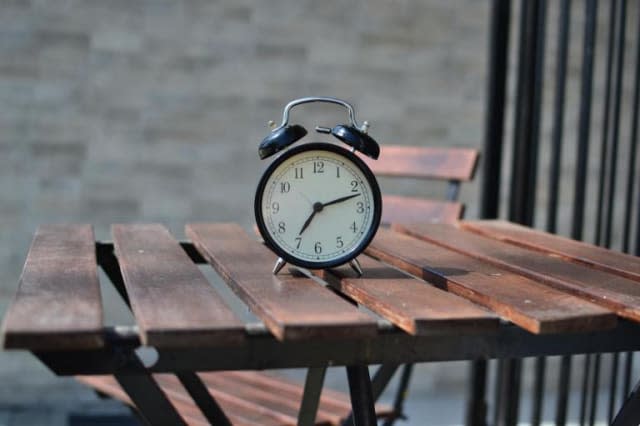Clocks going back signals the end of summer

It's time to officially say goodbye to the summer as clocks across the British Isles go back an hour on Sunday morning at 2am (01.00 GMT).
While the end of British Summer Time (Daylight Savings Time) means many of us will get an extra hour in bed, it is also the harbinger of colder, wetter and of course shorter days.
How to get ready
Most of us now rely on our smartphones to tell us the correct time, and while they should automatically revert to GMT, you should adjust your alarms - of course, any analogue clocks will need to be changed manually.
Why the change?
The debate about changing the clocks in the autumn and spring has been raging since 1784, when it was proposed by American founding father, Benjamin Franklin.
The time change we know today was originally introduced by Germany and Austria during the First World War. It was swiftly adopted by Britain and its allies as a means of helping farmers and preserving vital coal supplies.
However, it was William Willett in 1907, who is considered the father of British Summer Time. He campaigned for the clock change as a means of ending what he saw as, the 'idleness of workers' during the lighter summer mornings.
Standardisation
While the European Commission has called for the end of Daylight Savings Time across Europe by 2021, it was in fact Britain that led the world in the standardisation of time - with GMT being the default standard up until 1972.
It wasn't until 1880 that all of the British Isles fell into line and adopted a standardised single timezone. Prior to this, much of the country had different local time zones, known as Railway Time.
And while it may be as true today as it was over one hundred years ago, that standardisation and time changes have beneficial economic implications - it does at least mean we can enjoy a lie in on Sunday morning.



